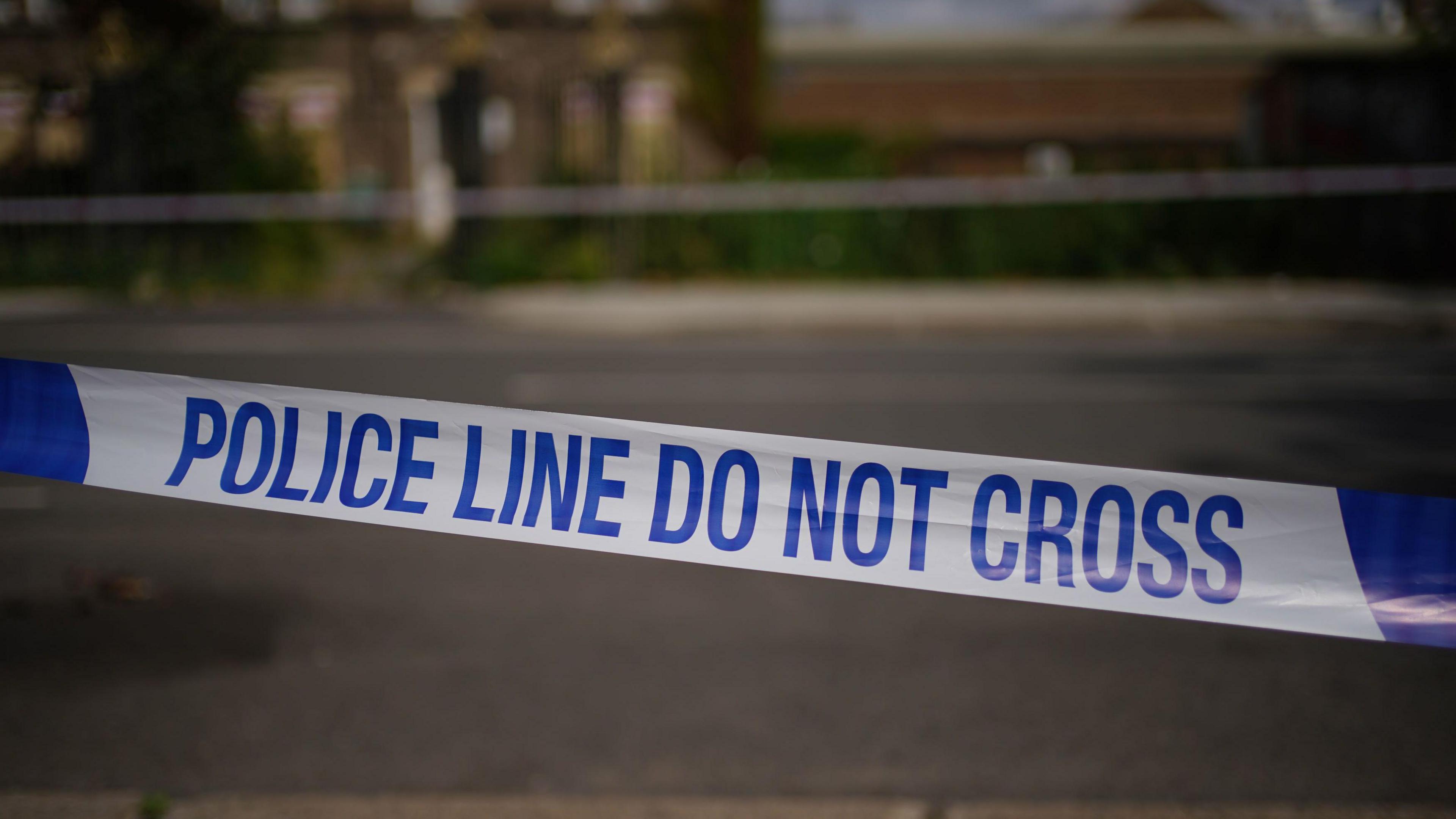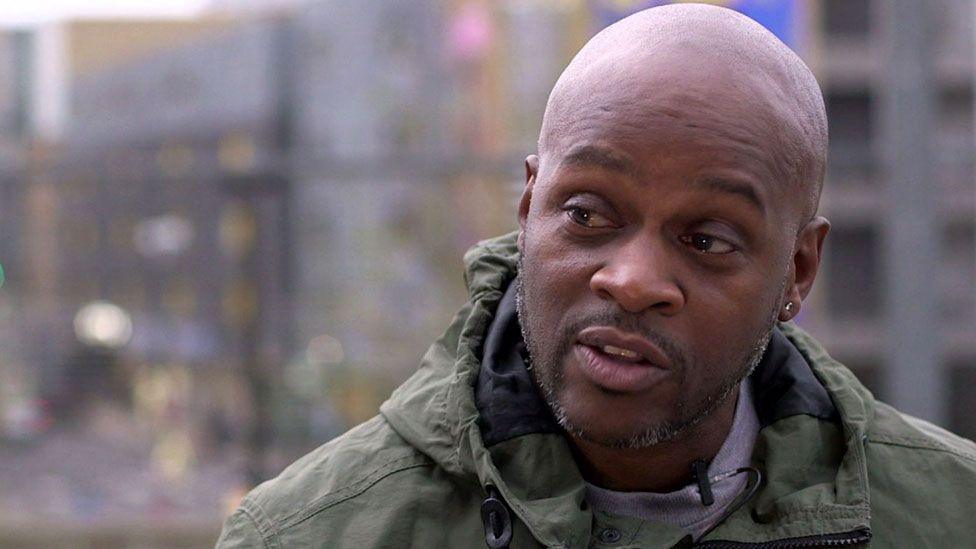Fewest murders in London in summer since 2018

Mayor's office figures show significant reduction in homicides across summer
- Published
London recorded the fewest number of homicides across June, July and August since 2018, early figures show.
Provisional figures from the mayor of London's office also show there were no under-25 homicides recorded in the capital during the school summer holiday period.
Last year, London recorded the lowest number of homicides of under-25s for 22 years, and the lowest number of teenage homicides since 2012, according to the mayor's office.
Provisional figures show that the number of homicides across all ages has fallen by a quarter compared with the start of September last year (78 to 58).
'Ten-year low'
So far this year, there have been 10 under-25s homicides recorded, compared with 26 at the same point last year, while the number of teenage homicides has fallen from nine at this point last year to four, the mayor's office added.
Mayor of London Sir Sadiq Khan said: "The summer months are traditionally a very challenging time of year with young people more at risk of exploitation and violence, but through London's Violence Reduction Unit and the Met Police we've been working incredibly hard with partners across the capital to provide support and help."
Met Police Commissioner Sir Mark Rowley said: "Thanks to the efforts of the thousands of hardworking Met officers and staff, our sustained crackdown on violent crime is working.
"Homicide is at a 10-year low, violent incidents in which people are injured are down by a fifth - proportionally lower than any other UK city - and firearms discharges are less than half the level they were seven years ago.
"That's because we're proactively targeting dangerous offenders and dismantling organised crime groups, while safeguarding those at risk of exploitation. As a result, less people are being killed and injured and our city is safer.
"We're not complacent and we will never stop the fight against serious violence. One senseless death is one too many."
Patrick Green, chief executive of knife crime charity the Ben Kinsella Trust, said: "This is encouraging news, and it highlights the vital role the Violence Reduction Unit plays in reducing knife crime."
'Knife crime remains a concern'
Analysis by by BBC London home affairs correspondent Sonja Jessup
Whenever we talk about homicide figures and young people, it's important to remember that each "number" is a life lost and brings devastation and trauma for families, friends and sometimes whole communities.
Four teenagers have been killed in London so far this year, the youngest, Kelyan Bokassa, aged just 14, repeatedly stabbed as he sat on a bus in Woolwich.
For their loved ones, or those who have witnessed such violence in their neighbourhoods, news that homicide has been falling may not make them feel any safer.
For many who work and campaign to protect young people, however, the latest figures are significant.
Last year saw the lowest number of teenage homicides in more than a decade, almost a third of what it was in 2021, when 30 teenagers lost their lives.
The school summer holidays are a time when violence affecting young people typically rises, so there will be particular relief that no under-25 homicides have been recorded during this time.
However, the fatal stabbing of Blue Stevens, aged 24, outside a Knightsbridge hotel and the death of Shoaib Kochay, 22, who was struck by a car in Hendon, external, came just a few days earlier.
Knife crime also remains a concern, with the latest figures from the Office for National Statistics (ONS) showing a 9% rise in London in the year ending March 2025 compared with the previous year, with 16,297 offences recorded.
However, violence with injury fell by 18%, and homicide by 9% over the same period.
Of course, as we often hear from Londoners, there are many other offences which make them feel unsafe, such as shoplifting and phone theft, which have shot up.
For the mayor, the new figures are evidence the work of his Violence Reduction unit is paying off, with funding for targeted interventions to tackle the underlying causes of crime, while the Met commissioner credits the force's proactive focus on organised and dangerous offenders.
Their critics will question how budget cuts to the Met could affect London: the predicted loss of 1,700 officers and staff, the withdrawal of safer schools officers and dedicated Royal Parks teams and the closure of almost half of police station front counters.
There remains serious concern among some who work directly with young people about how some of these decisions will affect them.
Listen to the best of BBC Radio London on Sounds and follow BBC London on Facebook, external, X, external and Instagram, external. Send your story ideas to hello.bbclondon@bbc.co.uk, external
Related topics
- Published29 July 2024

- Published10 December 2024
